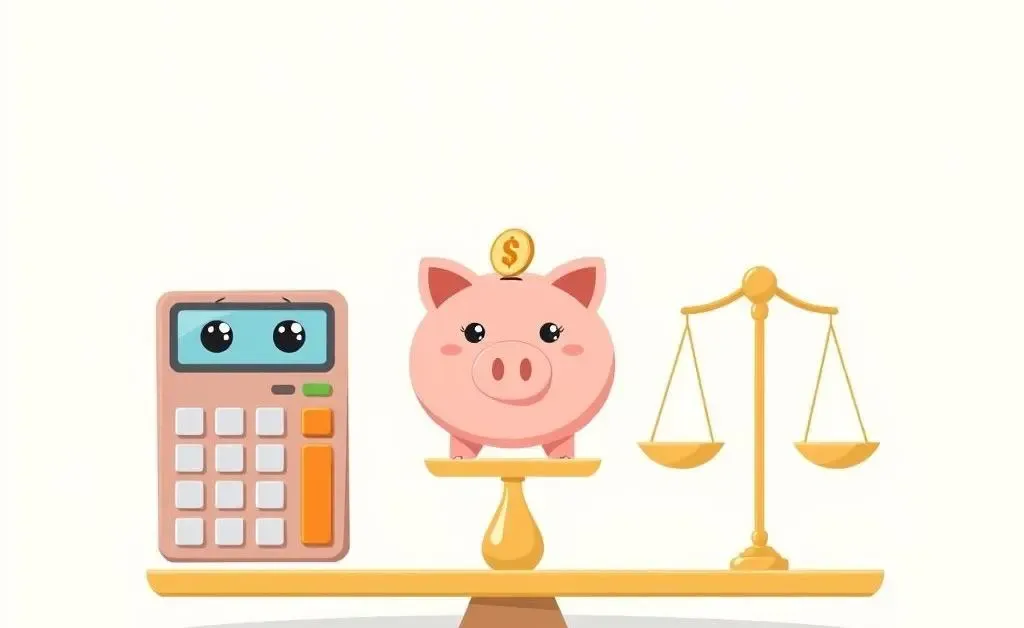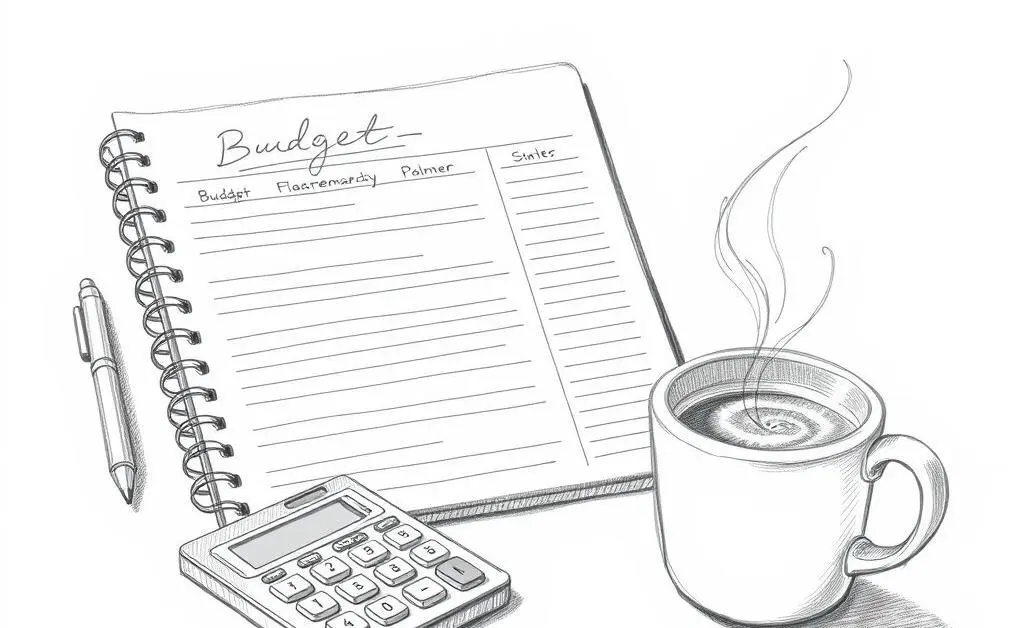Mastering Personal Finance: Tips and Strategies for a Balanced Budget
Discover smart strategies to master personal finance and achieve financial balance.

Hey there! Let's dive into a topic that often feels more daunting than it should be: personal finance. Whether you're just starting out or trying to get back on track, understanding how to manage your finances is crucial. Fear not; I've got some friendly tips that will help you master your money without feeling overwhelmed.
Understanding Your Financial Starting Point
I always say knowing where you stand is half the battle. Begin by assessing your current financial situation. Collect information on your income, expenses, debts, and savings. It might sound tedious, but trust me, this baseline will be your map to financial stability.
Setting Clear Financial Goals
Once you know your starting point, it's time to dream big — but keep it realistic. Are you saving for a rainy day, a vacation, or retirement? Clearly defined goals help you stay focused and motivated. Write down both short-term (like reducing expenses) and long-term (such as buying a house) objectives.
Constructing Your Budget

Ah, the ever-elusive budget. Start by tracking your spending habits. You can use anything from old-school pen and paper to modern apps. Then categorize your expenses. The aim is to find potential savings and allocate your income efficiently. Don't forget to budget for fun — life is about balance, after all.
Your Emergency Fund: A Financial Safety Net
Before you dive headlong into investing, let's discuss your safety cushion. An emergency fund is essential. Aim to save at least three to six months' worth of living expenses. This buffer can prevent financial stress in case of unexpected expenses or changes in income.
The Art of Investing

Once your immediate financial health is in a good place, consider investing. Start small and diversify. Remember, investing is a way to grow your wealth over time, not a get-rich-quick scheme. Resources like Investopedia's Beginner's Guide to Investing are a great place to start.
Staying Accountable and Informed
Stay engaged and adapt as needed. Set up regular check-ins with yourself or a significant other. Adjust your budget and financial goals in response to life changes. Keeping informed about financial trends and tools will empower you to make sound decisions.

Conclusion: Taking Charge of Your Financial Future
Mastering personal finance doesn't have to be a Herculean task. Start with understanding your situation, set clear goals, plan with a budget, save for emergencies, invest wisely, and stay informed. What small step can you take today to improve your financial health? After all, every journey begins with a single step.




